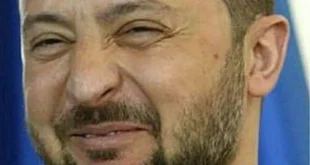Leva Net
March 5, 2014
“Who is Mr. Putin?”
This question has been bothering the West for 13 years and they still cannot – within their paradigm, including their moral values – label him at all, so he still remains a mystery. Right-wing? Left-wing? Conservative? Liberal? These questions have been the subject of Western analysts for quite some time, and yet they still can’t figure him out, as he operates above this level of analysis.
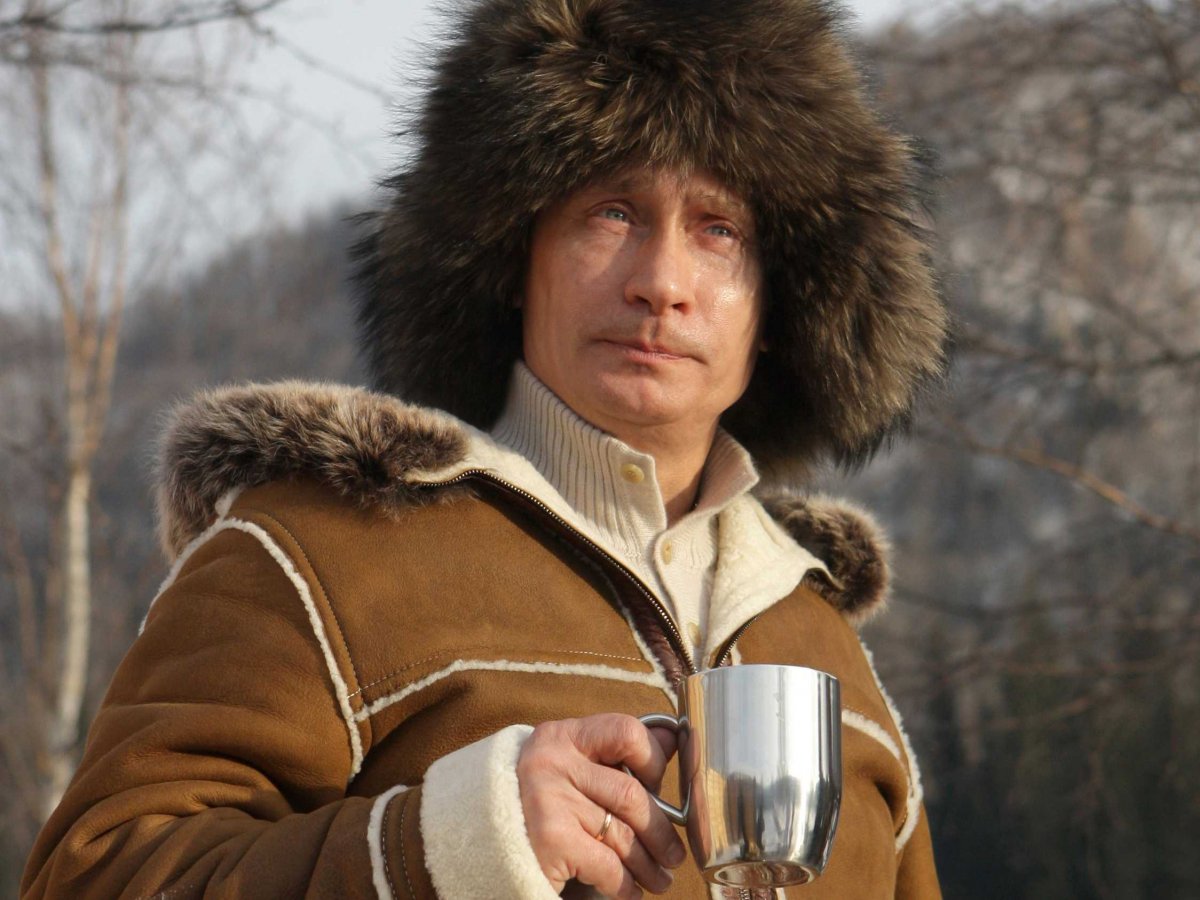
So, what drives Putin? What are his goals? Why doesn’t he make his conception of social security (CSS, a Russian sociological concept centered around how to build a properly functioning society) public?
I shall try to answer these questions fully, or at least as well as I can.
To understand the choices Putin makes, it is necessary to know a couple of principles by which he operates: he always does more than he says, he always speaks the truth (giving an adequate description or judgment of reality, while not always saying all he knows), and his understanding of real processes of management is above and beyond all other so-called public politicians around the globe.
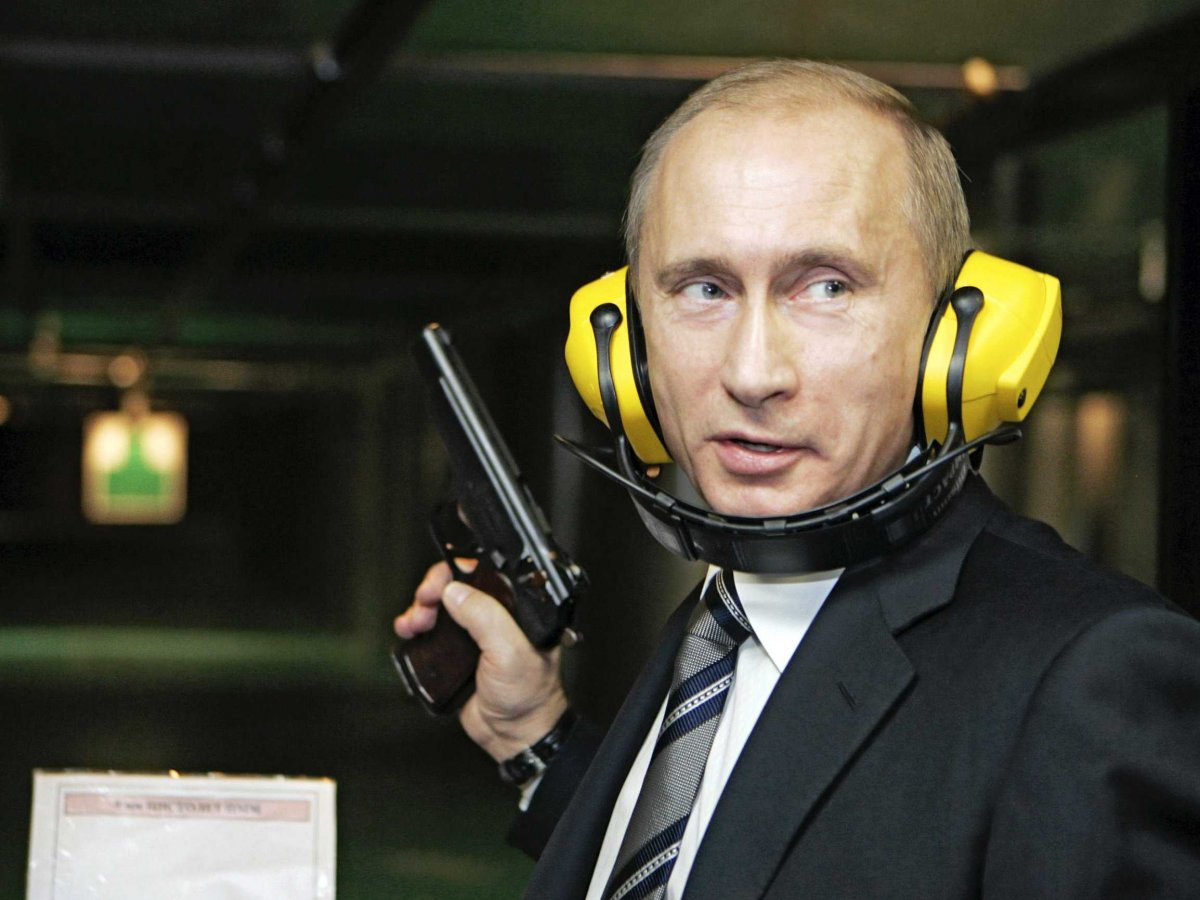
He knows the CSS, and its core theories of management, and knows how to apply them. From the steps he makes, it is possible to discern that these rules are applied within the realm of practical possibility, but without public acknowledgment (which is the correct way, at least until the media stop being the tools of mediocracy and servants of the Western establishment; going public with CSS would result in a twisted image of his agenda, and nothing good would come of it).
In Russia, bad or unfair laws have always been made superfluous by being ignored in people´s daily lives. This amounts to a collective self-preservation process. Laws in Russia will be fully enforced only when they are just. During Yeltsin’s rule, the situation was this: the steps Yeltsin took were supported by the government, “the elite” (oligarchs) and the higher bureaucratic body, but boycotted by the people.
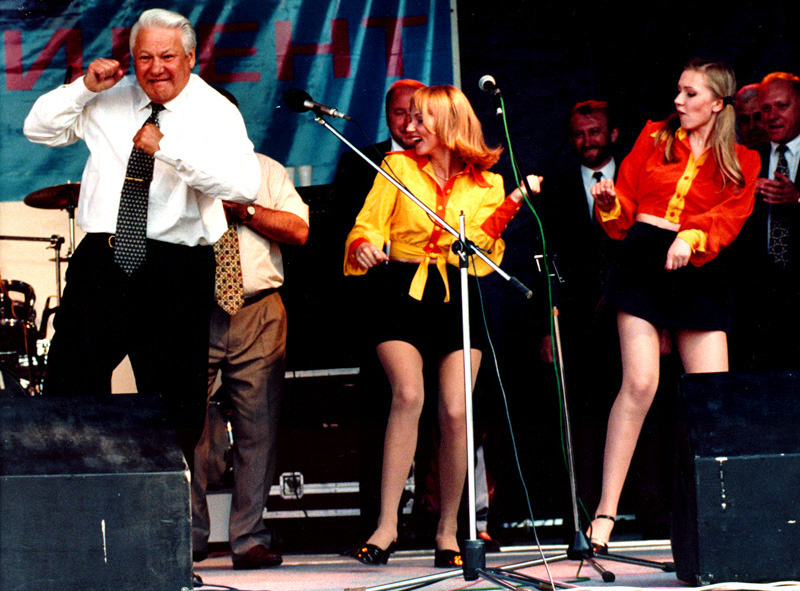
Now Putin is supported by the people, but blocked at every opportunity by a large part of the government: the elites and bureaucrats.
This is in effect an answer to the question we started with, but it won’t hurt to extrapolate further. Viktor Jefimov expressed this idea after the 2012 elections: “This situation is unique in that Putin is a thorn in the side of the West, and of the domestic “elite,” including the supposedly patriotic ones, while the people see him for what he is.”
In short: before – Yeltsin + “the elite“ vs the people, today – Putin + the people vs “the elite“.
How Did Putin Achieve a Position of Power?
Taurus, in the following commentary, gives an answer to the question of how the power was transferred to Putin:
I will mainly continue with what was said by Pjakin.
Putin worked as an assistant of the mayor Sobchak in St.Petersburg in 1999, so he belonged to the “Pityerski wing.” Before being appointed to St. Petersburg, Putin worked the chief of Yeltsin’s staff. Back then, there were two main power groups – the Moscovian “semja” [Jewish oligarchs who looted the country after the Soviet collapse -ed.] and the Petersburg clan.
The situation in the Moscow government was such that the power was held by seven oligarchs who used the always-drunk Yeltsin as a “PR shield and cover.” This clan was called “semja” (a family). Yeltsin’s daughter and her husband were heavily committed to this group.
By the year 1999, Russia was effectively robbed of sovereignty by this “family,” and everything was set for the division of Russia into many “independent” states – Chasavjurtian peace in Chechnya, and many autonomous regions had already printed their own money (for example, the Ural Frank).
It was clear to the “semja” that once the people realized what kind of treachery was played upon them, all their wrath would be unleashed on them and Yeltsin.
They started to look for a “sacrificial lamb,” during whose rule the country would disintegrate. It was agreed that all the blame should be placed on the Petersburg wing, which did not hold any real state power back then. Putin was recommended by Berezovsky, as a “humble and featureless” worker. At first he was placed into the Prime Minister post, and a few months later, Yeltsin handed him the Presidential power.
But Feodorov says the opposite – that Yeltsin realized Putin’s abilities, and this is why he placed him in the presidential post.
But since Yeltsin’s “family” made the greatest “contribution” to the preparations for the country´s dissolution, I find Pjakin´s version more credible. Even Berezovsky said many times that Putin was the greatest mistake of his life, thereby admitting the truth of his failure to pick a proper candidate for the “sacrifice”.
To summarize: Putin received a country bereft of sovereignty, almost everything had been looted, the army was in disarray, weapons scrapped (submarines, ships) or in suspended construction. The people were in a completely helpless state – for months and even years there were no wages, social support or pensions paid – everything was ready for the country’s dissolution. Russia had the GDP of Denmark and no influence in the world. Only a suicider would step up to rule such a nation.
But Putin did it.
Addendum:
Yeltsin was a puppet of Semja oligarchs, and when the entire nation hated Yeltsin and this clan, Russia’s dissolution had almost begun and many regions had printed their own money. Nobody believed Russia would survive, so then Yeltsin’s clan came up with the “sacrificial lamb” idea – Yeltsin selects a successor from the Petersburg clan, and the people will release their rage on the Petersburg clan, while Semja gets away undamaged and keeps the power. That someone they chose was Putin, who took it on, despite it being a suicide mission – back then 99% of analysts predicted that whoever Yeltsin appointed was a political carcass, and eventually a real carcass. The expected length of Putin’s presidential term ranged from one month to a year.
What is interesting about Putin is that hatred for him unites both sides of the Russian political spectrum: pro-Western liberals and the “true patriots.” Putin is also a pain the the ass to all powerful and influential structures of the West. By simple mathematical calculation, it is possible to come to the conclusion that there is something wrong with the “true patriots.” This formula can be extended – Putin and the people vs the top Western leaders, “local elite,” and many fifth columns. Putin can be judged either by what is said about him, or by what he does and says (judging him by the former requires getting through a blockade of twisted facts, at least in the mainstream media of Russia and the West).
I recommend the second method.
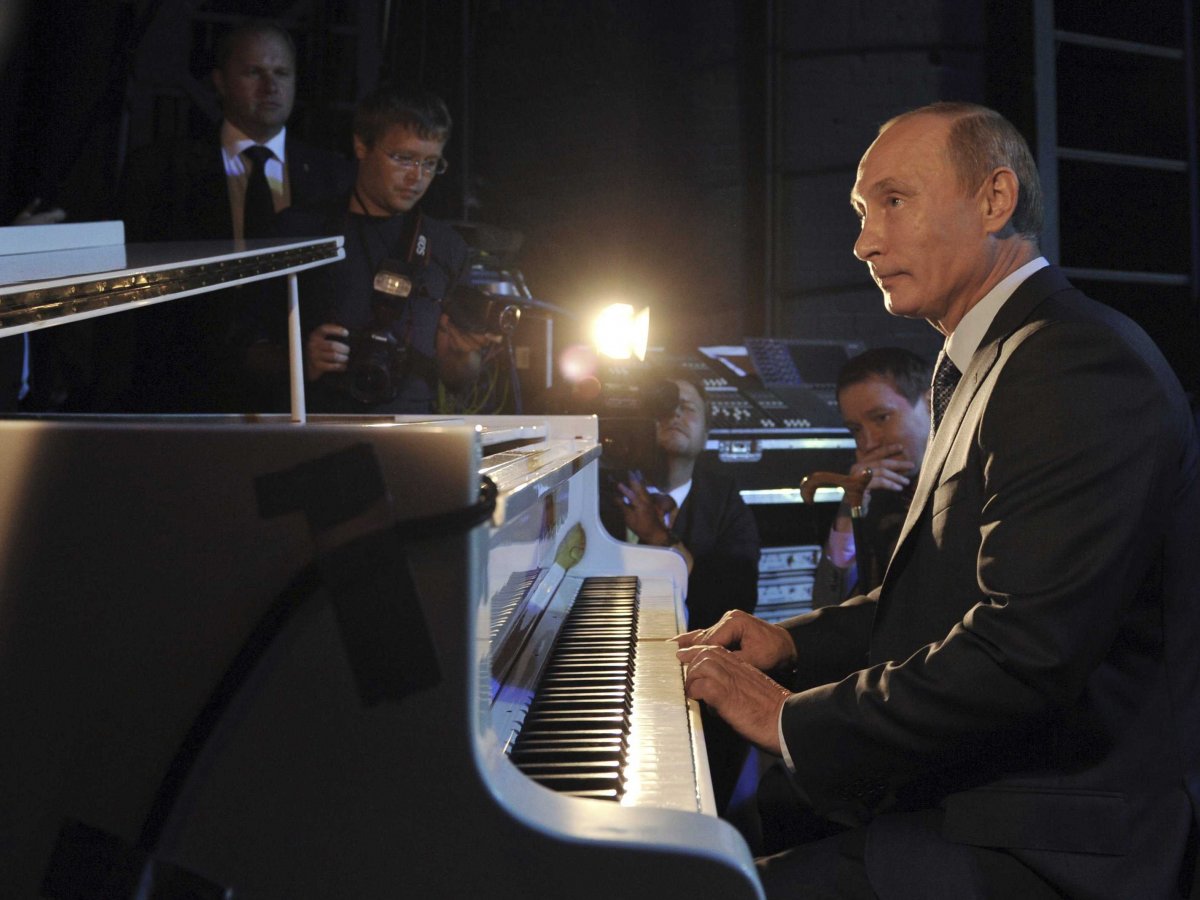
Looking at What the Man Does
According to the principle “by their fruits ye shall know them,” Putin was handed Russia, which was on the edge of collapse, subverted and ready for dissolution. Many regions had their own money printed. And remember that printing of new money was the final stage of the USSR’s death. In a short time, Putin made Russia a prospering, sovereign nation, which is rightfully looked to by half of the world. It is impossible for the pro-Western system to carry on, and more and more people realize this.
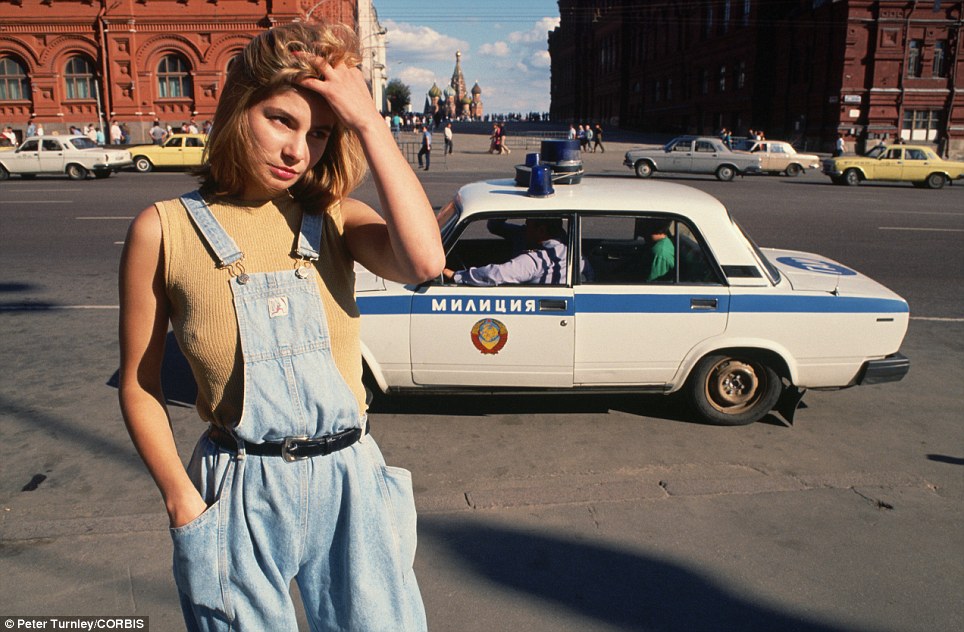
We have also observed an interesting phenomenon, wherein Putin often says things frankly and openly, but few truly understand what he is saying. “Experts” and journalists hear the words, but not their meaning – they do not see the forest, due to the trees.
Putin knows that power does not determine what is true (as those in charge of United States’ foreign policy believe), but that the truth itself is power. He makes use of this principle, and this is one of the reasons why he has never suffered a major defeat in the global political realm. He always achieves his objectives, and always holds true to his word (or vice versa – he reaches only for that which he is capable of achieving).
Notice that in politics, Putin always tells both his friends and his enemies that “we need to talk openly and say things as they really are.” Because Putin can afford to tell the truth and state his objectives (of course, he does not necessarily say everything at once), while his opponents cannot, under any circumstances, let the truth of their agendas be known publicly (for example “we support and arm mercenaries-fanatics in Syria who genocide Christians there”).
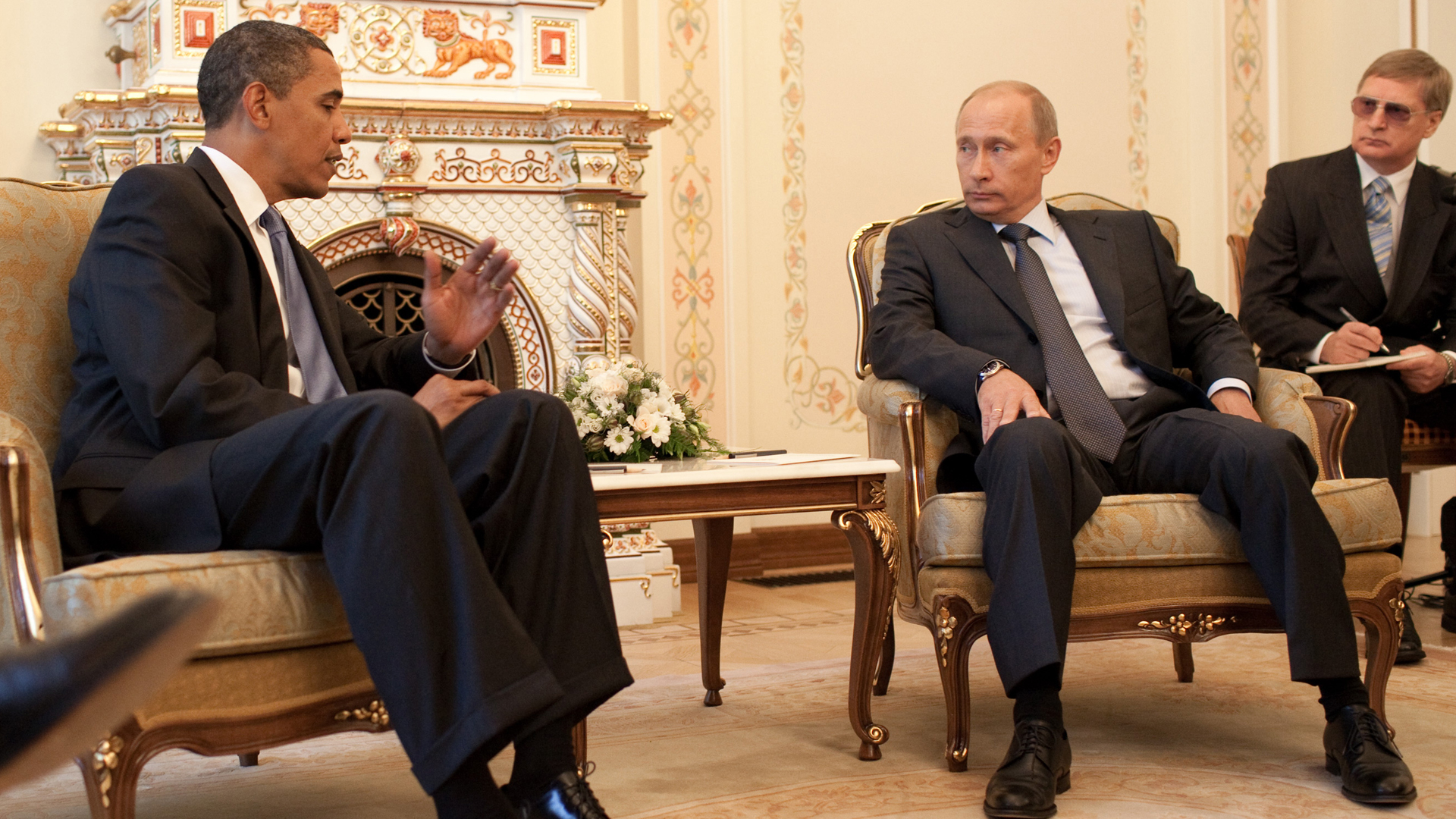
During the G8 meeting, where the West planned on breaking Putin on the Syrian matter, Putin asked them: “How can you support people who kill and eat their opponents? Are these the values that the European and American forces seek to promote?” And the leaders, the elite of the West, would have rathered been in hell then in that press conference, because in their impotent anger, they could not object to anything Putin said, for it was the truth and everybody knew it. In the end, the G8 bowed their heads before Putin, and Obama went home like a beaten dog, having achieved nothing that the West had hoped for.
The Russian Government is a Complicated Machine
“The government of Russia“ is a broad term, and it is necessary to distinguish between many different layers, most of which are in opposition to each other.
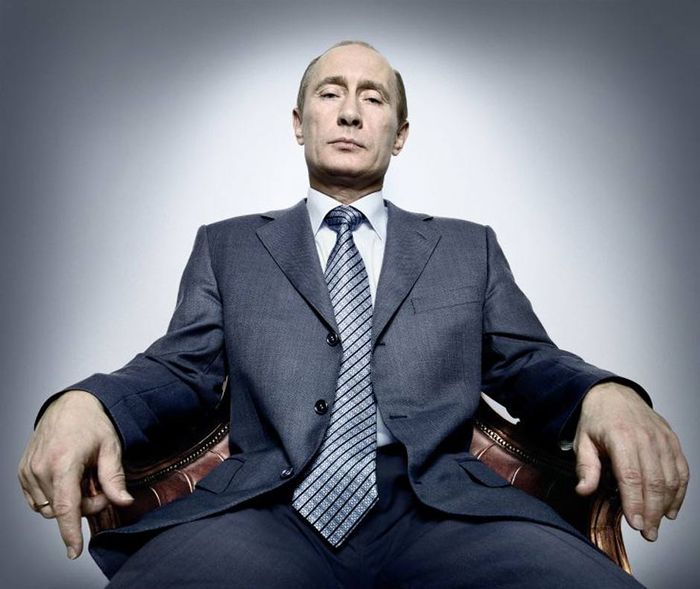
There is Putin, the government, the offices and the bureaucracy. Putin and the Russian government are not one and the same, and a majority of the government seats are filled with opponents of Putin’s ideas, liberals, etc. with Medvedev in the lead. There is Putin, the government and the state apparatus – more often than not, the government and/or the offices are directly against Putin. According to a recent statistic, over 80% of presidential orders are not fulfilled. Putin has had to focus on global politics, where his actions have an impact on the government and the state apparatus, so he can compensate for the boycotting and sabotage of his domestic agenda.
Not long ago, there was a leaked recording from a government session never meant for public, which went roughly like this:
Putin (to his “own government): So, are you going to do your job or not? 80% of directives are not followed at all!
Surkov: All directives were fulfilled.
Putin: Effectively, or just formally?
Surkov: Effectively, we are haven’t been doing anything for the past 15 years.
This illustrates the true morality of liberals in Russia. Despite their behavior, things are getting done – just not by their merit.
The Oligarchs
Today, it is obvious that Putin had to enter into some sort of an unwritten agreement with the oligarchs, with some assurances of security and so on. That is why his hands appear to be tied in some situations. However, he has sent a message to those who are perceptive that he considers his obligations fulfilled, and from now on it is “every man for himself” (that message was symbolically announced by his divorce [).
An indirect indication is that Putin declared war on oligarchs for the second time, when he ordered that investigative authorities of lower place in hierarchy do not need to consult with their superiors if they are going to accuse a higher-ranking person. This is a stance which was twice in Russian history – in the year 1937 and in the 1950s, both during Stalin´s time.
Putin is doing the right thing by completely avoiding reckless maneuvering; though he has been sharply criticized for avoiding direct conflict, his actions are absolutely correct – sudden maneuvers carry the risk of losing control, and can lead to unforeseen consequences, which could be catastrophic. It is rational, when in a position of rulership, to avoid sudden maneuvers (Hitler lack of maneuvering, acting on pure principle, caused him to lose control).
If you are responsible for 150 million people, and half of the planet sees you as a beacon of hope for a better future, you must move deliberately.
Translated from Czech by Dimitrij Sergejev
 Daily Stormer The Most Censored Publication in History
Daily Stormer The Most Censored Publication in History


